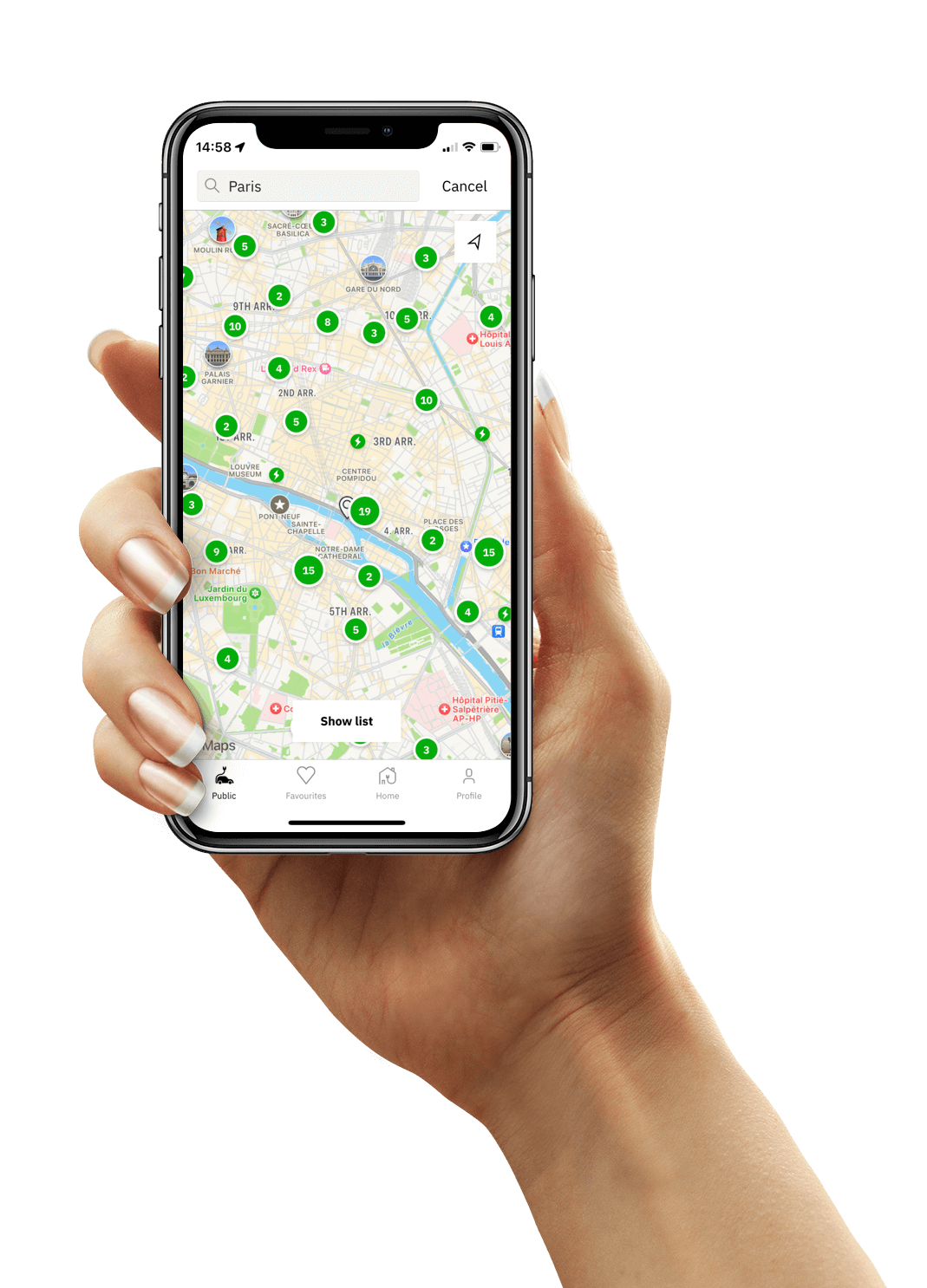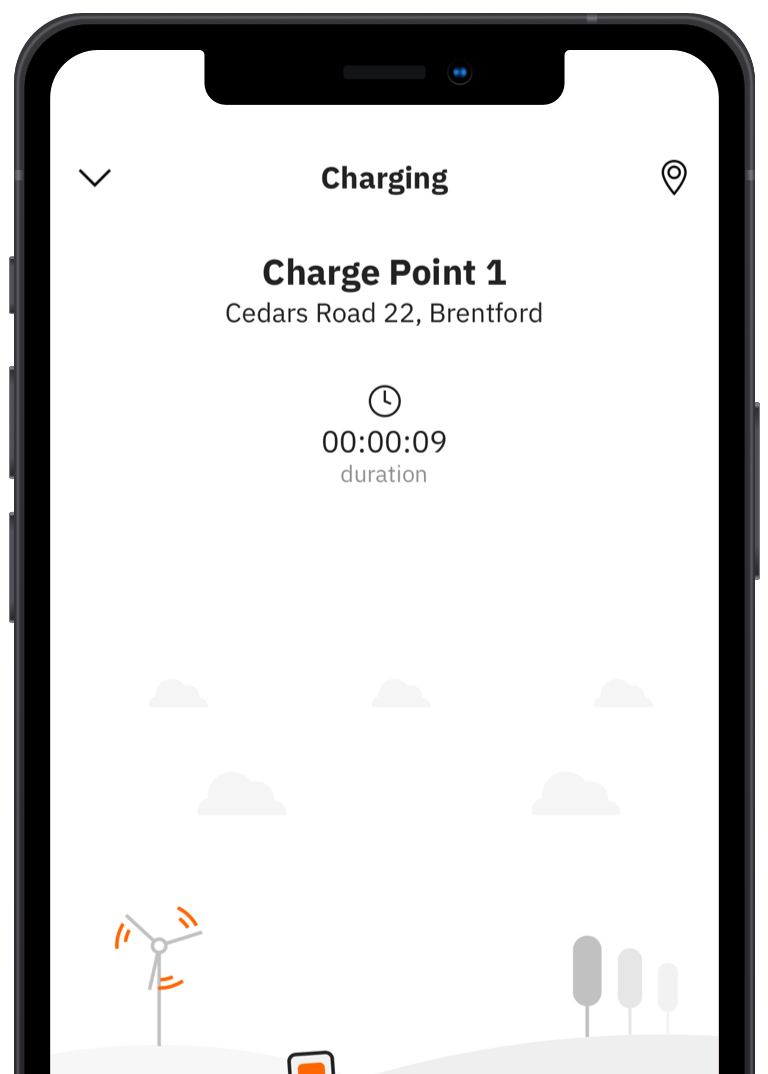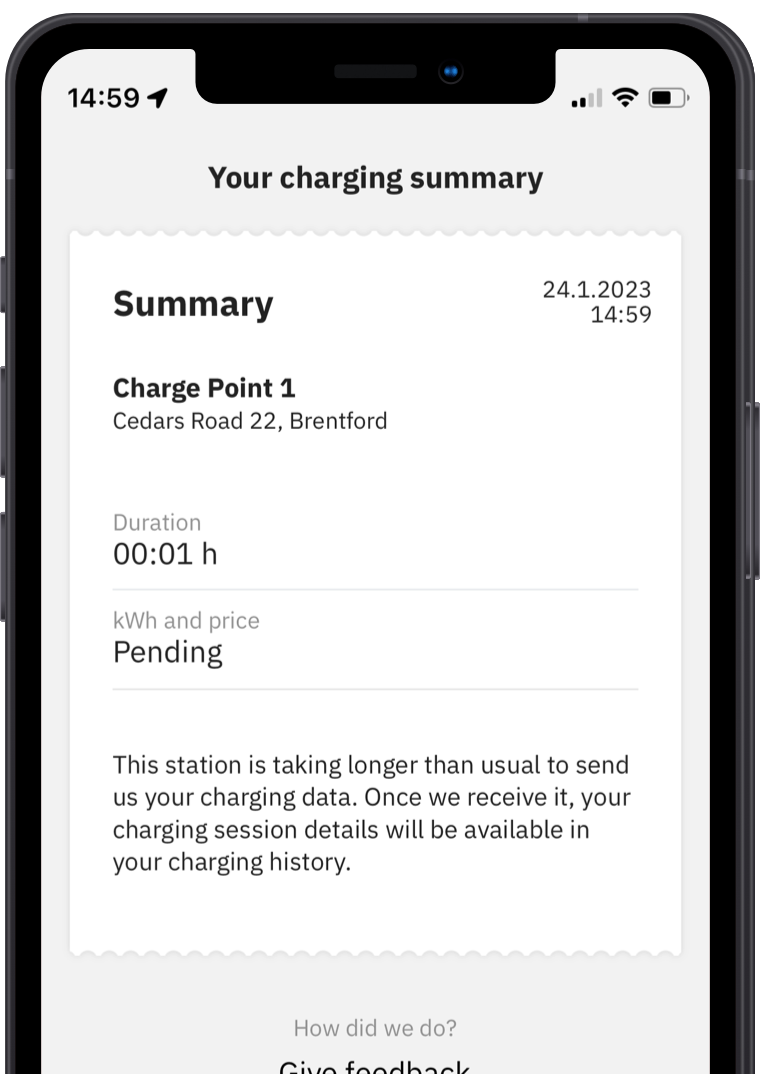Charging your EV in Paris — without the guesswork
Paris has one of Europe’s densest charging networks — and one of its most complex driving environments for visitors.
Between low-emission zones, busy streets, underground car parks and fast-changing charger availability, charging works best when everything is clear before you arrive.
easyCharging helps UK EV drivers charge confidently in Paris — using the same app and account they already use at home, with clear pricing, live availability and familiar payment flow.

Charging in Paris means staying flexible
Paris EV drivers use public charging in very different ways — from short city stops to daily routines and occasional top-ups. easyCharging adapts to how you move around the city, not the other way around.
Know the cost before you stop Know the cost before you stop
In a city with mixed operators and pricing models, seeing the price in advance helps you decide quickly — whether you’re parking for 20 minutes or charging longer.
Charge your way — app or RFID Charge your way — app or RFID
Start charging with the app or use your RFID key tag — useful in underground car parks, busy streets or areas with limited mobile signal.
From Paris streets to the rest of France From Paris streets to the rest of France
Charge confidently within Paris and continue seamlessly beyond the city. The same app works across France — whether you’re commuting, heading out for the weekend or starting a longer road trip.
Avoid wasted stops Avoid wasted stops
Live availability helps you decide where to go next — especially during peak hours, when chargers can fill up quickly.

How charging works when driving in Paris



Trusted by UK EV drivers
travelling to Paris
24/7 UK-based customer support
Charging abroad shouldn’t add stress to your trip.
If something doesn’t work in Paris, we’re here to help.
Call our UK support team
Where EV drivers charge when visiting Paris
Charging patterns in Paris are different from UK cities. Visitors rely on public charging around hotels, attractions and major routes — often fitting charging into sightseeing rather than planning trips around it.
Central Paris
High demand, limited space and underground parking. Charging here is often combined with hotel stays, sightseeing or short city stops.
Examples: Louvre, Opéra, Le Marais, Latin Quarter
Inner districts
A mix of residential streets, public car parks and local centres. Often used when staying just outside the historic core.
Examples: Montmartre, Bastille, Nation, La Villette
Ring road & outskirts
Useful for arrivals, departures and day trips. Fast chargers near major routes help keep journeys flexible when leaving or returning to the city.
Examples: Boulevard Périphérique, La Défense, Porte de Versailles
Charging in Paris, as a visitor
Visiting drivers don’t charge like locals. easyCharging fits around travel plans, hotel stays and spontaneous city days — without guesswork.
Popular EV charging stations in Paris
A selection of frequently used charging locations across Paris — useful reference points for visitors, rental car users and drivers passing through the city.
EV charging questions when driving in Paris
Practical answers for UK EV drivers visiting Paris — from charging basics to local rules and everyday use.
Need help while travelling?
Contact supportNew to easyCharging?
Download the appYes. Paris has one of the densest public charging networks in Europe. Visitors commonly rely on public chargers near hotels, car parks, shopping areas and city streets. easyCharging helps you check live availability before you arrive using the interactive charging map.
Paris has a high number of AC chargers, especially for on-street and longer parking stays. DC fast chargers are also available at key locations and major routes. You can filter by charging speed directly in the app or on the map.
In many cases, yes. AC charging points in Paris often require your own Type 2 cable, which is usually supplied with UK EVs and rental vehicles. DC fast chargers have built-in cables. Connector details are shown clearly in the app.
Yes. Many public and hotel car parks in Paris offer EV charging, making overnight charging a common option for visitors. Always check parking rules and any time limits displayed at the location.
Yes. On-street charging is widely used across Paris, especially in residential areas. Availability can change quickly, so checking live status in the easyCharging app helps avoid unnecessary stops.
Some charging locations apply overstay fees or parking restrictions. Rules vary by operator and location. easyCharging shows pricing and conditions in advance, helping you choose the right charger for your stop length.
Parking benefits vary by district and charger operator. Some locations offer reduced or free parking while charging, while others charge normal parking fees. Always follow local signage and parking rules.
Fully electric vehicles are allowed to drive freely in Paris’ low-emission zones (ZFE). This makes EVs a convenient choice for visitors compared to petrol or diesel cars.
Yes. easyCharging supports standard UK debit and credit cards. You don’t need a local French payment method, and all charging receipts are stored in the app.
No. easyCharging works across Paris, France and the rest of Europe. You can charge using the same app and account you use elsewhere, without downloading multiple local apps.
Yes. Charging standards used in Paris are compatible with UK-registered electric vehicles. Connector types and power levels are shown clearly before you start charging.
Yes. The easyCharging app is available in English, and most charging stations are clearly labelled. This makes charging straightforward for UK drivers, even on a short visit.






